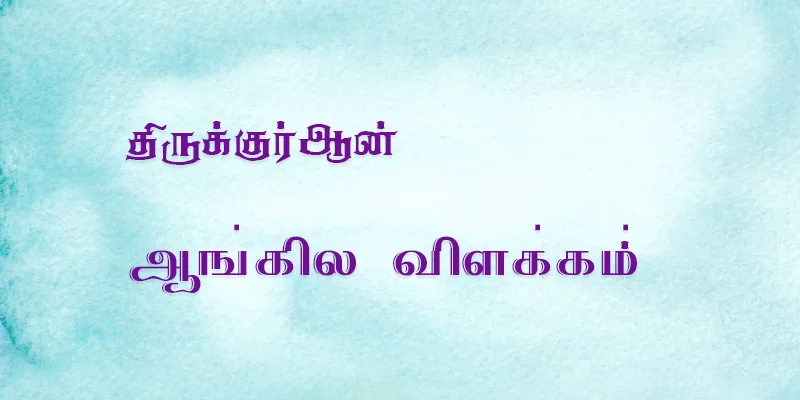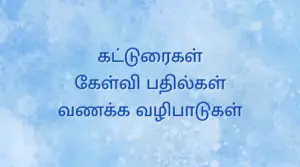136. Is lucky draw permitted in Islam?
These verses of the Quran (5:3, 5:90) say not to test one’s luck by using arrows.
Arabs had the practice of drawing lots in front of idols whom they considered gods.
To decide whether to take up a task, they would write the word ‘do’ in one arrow and ‘don’t’ in another, then they blindfold themselves, shuffle the arrows to pick one,to decide to carry on with whatever is on the drawn arrow, considering it as a message from the idols.
This kind of practice is prohibited through these verses.
This should be taken as prohibited not only with the usage of arrows, but also with anything to be decided on the basis of drawn lots.
There is a widely prevalent practice among Muslims of using what is known as the ‘Fhal’ book. This kind of activity is also banned. Awarding power to man made objects to rule over man is wrong.
By practicing a procedure whereby drawing a lot to be treated as God’s wish amounts to having knowledge of what God has wished..
This should not be confused with what we sometimes do by drawing a pick.
When there is a need to choose one from the two, who are equally placed a draw becomes necessary, so that the other is not offended.
Whereas Fal Kitab and drawing a lot come under the ambit of knowing the hidden knowledge of the creator to be prohibited, picking one from two equals does cover any hidden knowledge belief.
When we face a dilemma in doing certain tasks as to whether it is good or evil, the guidance from Islam is to perform a special worship called ‘Istikhara’ with a prayer invoking God to grant the best outcome in doing the deed. Hadith Book Bukhari: 1166,6382,7890. (பார்க்க: புகாரீ 1166, 6382, 7390)

